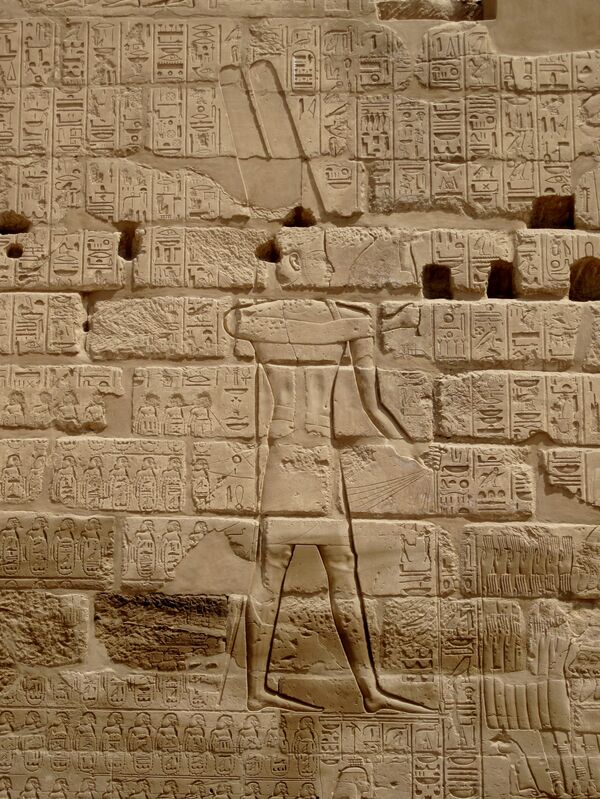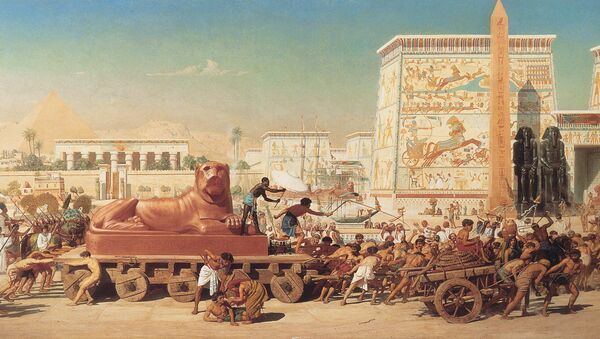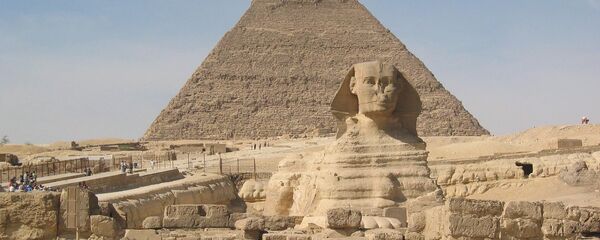According to a theory brought forward by Israel Finkelstein, a biblical archaeologist from Tel Aviv University, the Israeli kingdom may have been created through the efforts of Egyptian pharaoh Sheshonq I, also known as Shishak, who, according to the Bible, attacked Jerusalem and looted the city, Haaretz reports.

As Finkelstein explains, however, Shesnonq’s campaign wasn’t merely a predatory raid but a much bigger effort aimed at securing Egypt’s hegemony over Canaan, possibly leading to the pharaoh installing a vassal ruler over the local inhabitants to maintain control.
One of the clues is contained in the Bible itself, which links Sheshonq with Jeroboam, the founder of the northern kingdom. And Septuagint, the earliest Greek translation of the Hebrew scriptures, even contains verses claiming that Jeroboam married Sheshonq’s sister-in-law who bore him a son.
"Chronologically it works well. Theoretically, Sheshonq could have been the one who installed Jeroboam as his vassal", Finkelstein remarked, arguing that the connection between the pharaoh and the founder of the Israelite kingdom may be a historical memory of the actual relationship between the two.
The newspaper points out, however, that while some archaeological evidence does point in that direction, there is no “direct proof” of this hypothesis.





